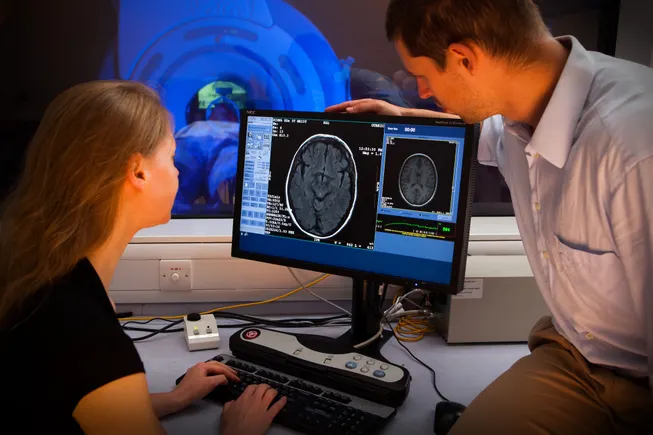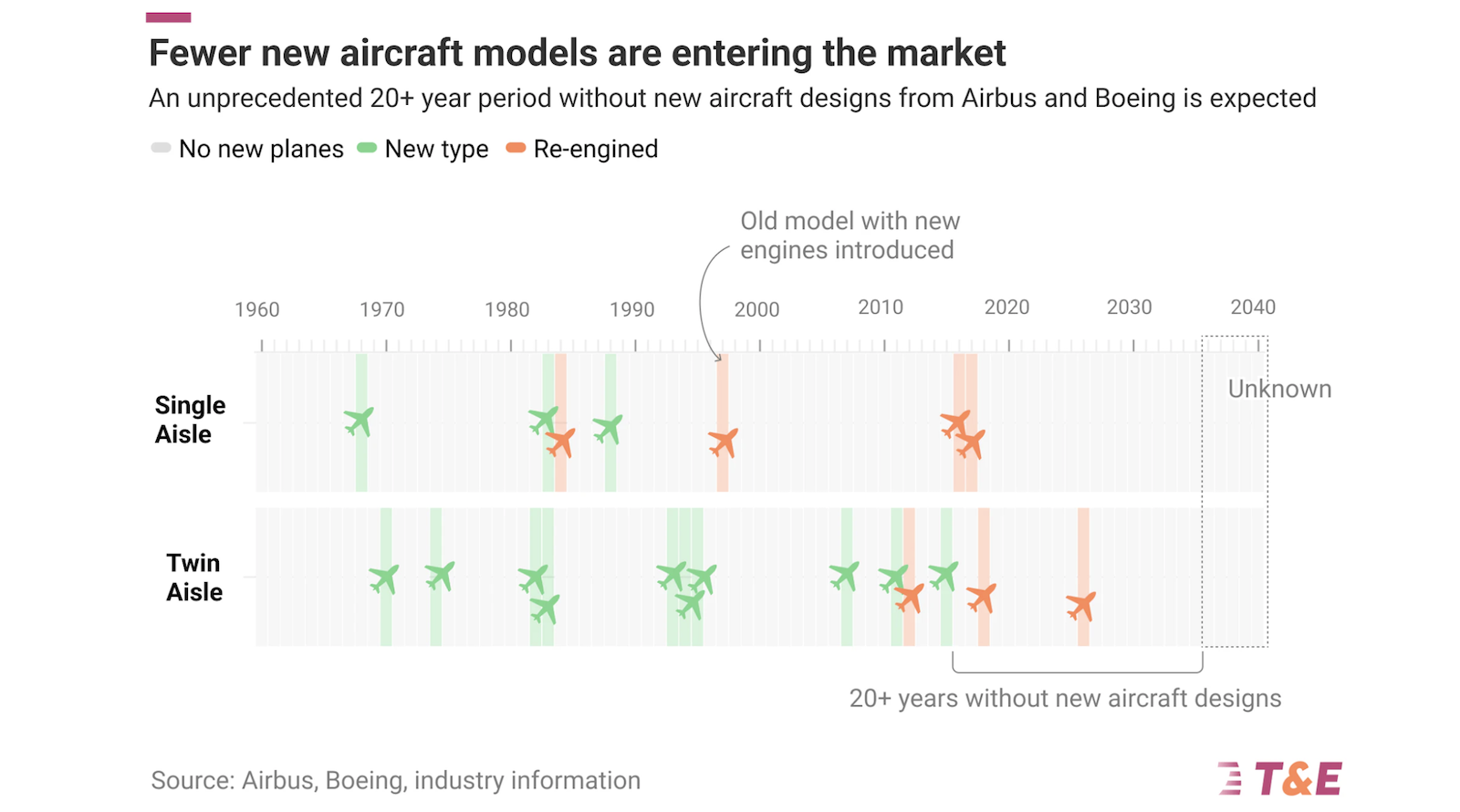Opinion: STAT+: AI-powered nudges for chronic disease care need emotional intelligence
Emotionally intelligent AI can generate trust, motivate action, elevate the relationship between patients and their care teams, and drive meaningful change.

“Jane,” a 68-year-old woman with diabetes, lives alone and hasn’t always been successful at controlling her blood sugar. She hasn’t been formally diagnosed with neuropathy because she missed her last annual foot exam. But she recently lost her balance and fractured her right ankle, which landed her in the emergency room. As a result, she has been off her feet for a few weeks, which has put a hold on her daily walks. All of that disruption has made it difficult for her to stay on top of her diabetes.
Today, the fictional Jane’s primary care provider might try to connect her with AI-enabled diabetes management tools. These may include tools that fire off prescription pickup reminders on the first of the month or send a confirmation for an upcoming appointment.
While these types of AI-driven “nudges” can help encourage engagement in some contexts for specific populations most receptive to their content and delivery channels, they fall short.

























































































![The American contingent and Turkey’s autonomy goals: Paris Air Show Day 3 [Video]](https://breakingdefense.com/wp-content/uploads/sites/3/2025/06/Wednesday-Wrap.00_00_32_21.Still001.png?#)
![A look at the jets flying high above the Paris Air Show [PHOTOS]](https://breakingdefense.com/wp-content/uploads/sites/3/2025/06/Rafale_02-scaled-e1750268097167.jpg?#)

























































